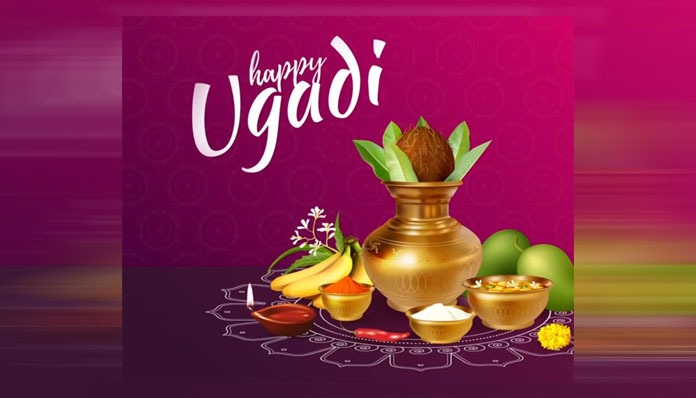Ugadi
Among the many Hindu festivals, ‘Ugadi’, also known as ‘Yugadi’, is celebrated by Hindus across Andhra Pradesh, Telengana and Karnataka. ‘Ugadi’ or ‘Yugadi’ comes from the Sanskrit words – Yuga, (age) and Adi, (beginning) to indicate ‘the beginning of a new age’. As Ugadi falls near the spring or vernal equinox, this day reflects the beginning of nature’s annual cycle and the onset of the spring season.
This festival begins on the first day of Lunisolar month of Chaitra, which falls this year on Wednesday, 22nd March, 2023. Therefore, Ugadi refers to the traditional New Year of Hindus. Marathi and Konkani Hindus from Maharashtra and Goa celebrate ‘Gudi Padwa’ on the same day.
What is the origin of this day? As per popular legend, Lord Brahma started creating the Universe on Ugadi day; and then Brahma created the days, weeks, months and years to keep track of time. Logically, Ugadi represents the first day of creation of the universe. Ugadi is dedicated to Brahma but Lord Vishnu is also worshipped on this day because Vishnu is also known as Yugaadikrit (or, as the creator of the Yugaas or ages) as per some Hindu scriptures; besides, it is believed that Vishnu personified himself in the Matsya Avtar on this special day; hence, He is worshipped for this reason too.
People begin preparations a week in advance by getting their houses cleaned, decorated with traditional ritual practices like hanging ‘toranam or torana’ (streamers) made of mango leaves, flowers and make colorful designs on the floor called ‘Muggulu’.
Like many Hindu festivals buying new vastras (clothes) for the family, and preparing special dishes is observed in most Hindu households. Though the type of special dishes vary, some of the popular dishes are Olige, Obbattu (puran poli), pulihora, bobbatlu, mango pachadi or ugadi pachadi to name a few.
As life represents various hues, Ugadi pacchadi is made of ingredients like jaggery (sweet or joy), tamarind (sour or unpleasantness), neem flowers (bitter or sadness), raw mango (tangy or surprise), and salt to bring out the seven flavours of life – joy,
Hindus celebrate this day visiting temples to pray for contentment, wealth and prosperity, offering charity and spending time with family and friends.

